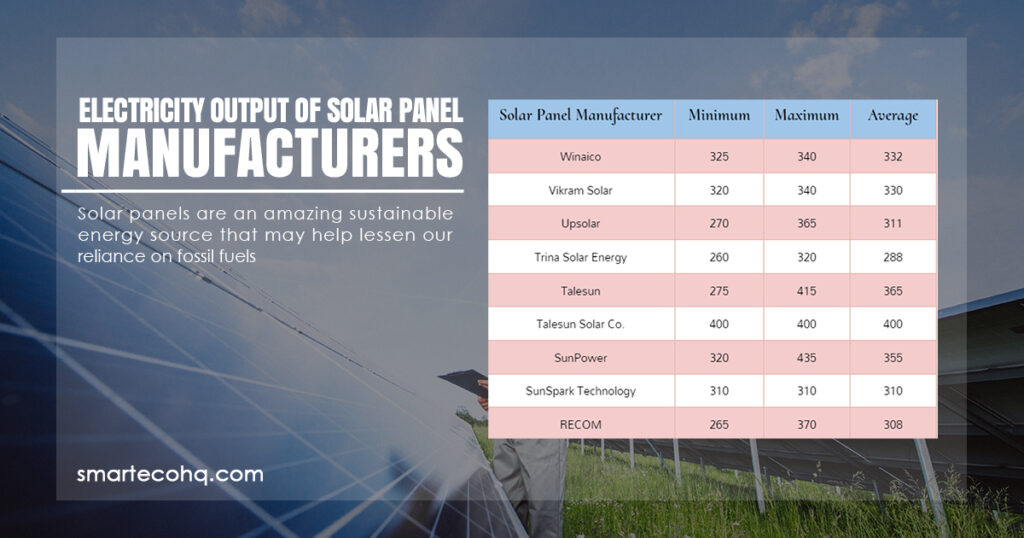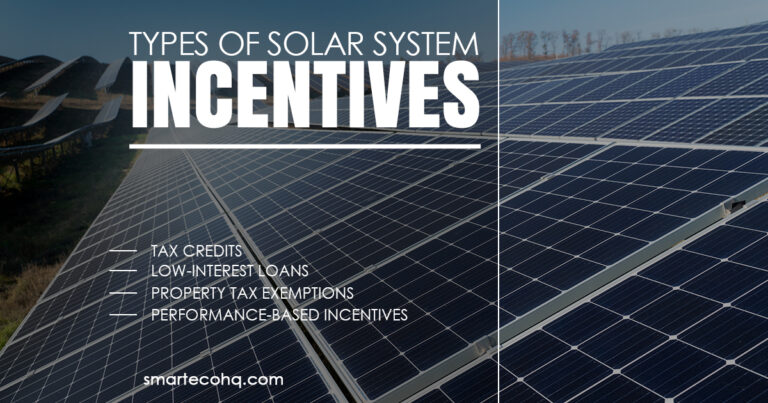Analyzing Solar Panel Output: How Much Electricity Does a Solar Panel Produce

how much electricity does a solar panel produce :
The majority of household solar panels on the market today are rated to produce between 250 and 400 watts per hour. Residential solar panel systems generally have capacities ranging from 1 kW to 4 kW. With the growing need for environmentally friendly energy, more individuals are turning to solar panels to create electricity. But how much power does a solar panel generate? We have technicians who will clarify your questions about the power of the sun and how it affects the next generation.
How much kWh does a solar panel produce?
The amount of energy produced by a solar panel is measured in kilowatt-hours (kWh). A solar panel’s actual kWh output is governed by a number of parameters, including the panel’s size, position, and efficiency. On average, a 250-watt solar panel may produce between 1000 and 1500 kWh of power each year. A 400-watt solar panel may produce between 1600 and 2400 kWh per year.
Average solar panel output per day
The quantity of power produced by a solar panel each day is determined by various factors, including the size, orientation, and location of the panel. A 250-watt solar panel can generate around 1 kWh of power every day. A 400-watt solar panel can generate around 1.6 kWh each day. These figures may change depending on factors such as lighting and temperature.
Solar panel wattage per hour
When exposed to sunlight, solar panels create power. Watts are the units of measurement for the amount of electricity they produce. A 250-watt solar panel can generate around 1000 watt-hours (Wh) or 1 kWh of power every day. A 400-watt solar panel can generate around 1.6 kWh each day. Its output may vary based on the solar panel’s position and efficiency.
How much power does 1 solar panel produce?
The quantity of energy generated by a single solar panel is determined by its size and efficiency. A 250-watt solar panel can create around 1 kWh of power per day, whereas a 400-watt solar panel can produce approximately 1.6 kWh per day. Nevertheless, depending on conditions such as shade, direction, and temperature, the actual output may vary.
Key points about solar panel output
- Typical residential solar panels on the market are reported to produce between 250 and 400 watts per hour on average.
- Domestic solar panel systems typically provide power ranging from 1 KW to 4 KW.
- The actual output of a solar panel is affected by a variety of parameters, including its size, capacity, location, orientations, and weather conditions.
- You may compare alternative output quotations of a solar panel and observe how different capacities of solar panels will affect your own solar system. More particular information may be found by searching EnergySage.
Solar panel output by product
Because there are so many different solar panel manufacturers, panel output varies greatly between brands and products. The following are the top six solar panel brands in the United States in 2022, sorted by maximum power output panel:
- Initial Solar (460 W)
- LONGi (455 W)
- REC (450 W)
- SunPower (435 W)
- QUANTUM CELLS (430 W)
- Solaria (430 W)
The table below shows the power output of numerous manufacturers who provide solar panels to the US market. Most businesses manufacture many lines of solar panel models, resulting in a variety of power outputs. The table shows the lowest, maximum, and average power outputs of the solar panels.
Electricity output (in Watts) of solar panel manufacturers

Conclusion
Solar panels are a fantastic renewable energy source that could help reduce our reliance on fossil fuels. The amount of power generated by a solar panel is governed by several factors, including the panel’s size, position, and efficiency. A 250-watt solar panel can provide 1000 to 1500 kWh of power per year on average, whereas a 400-watt solar panel may produce 1600 to 2400 kWh per year. By understanding how solar panel output is calculated, you can determine the optimum size & quantity of solar panels for your home or business.






